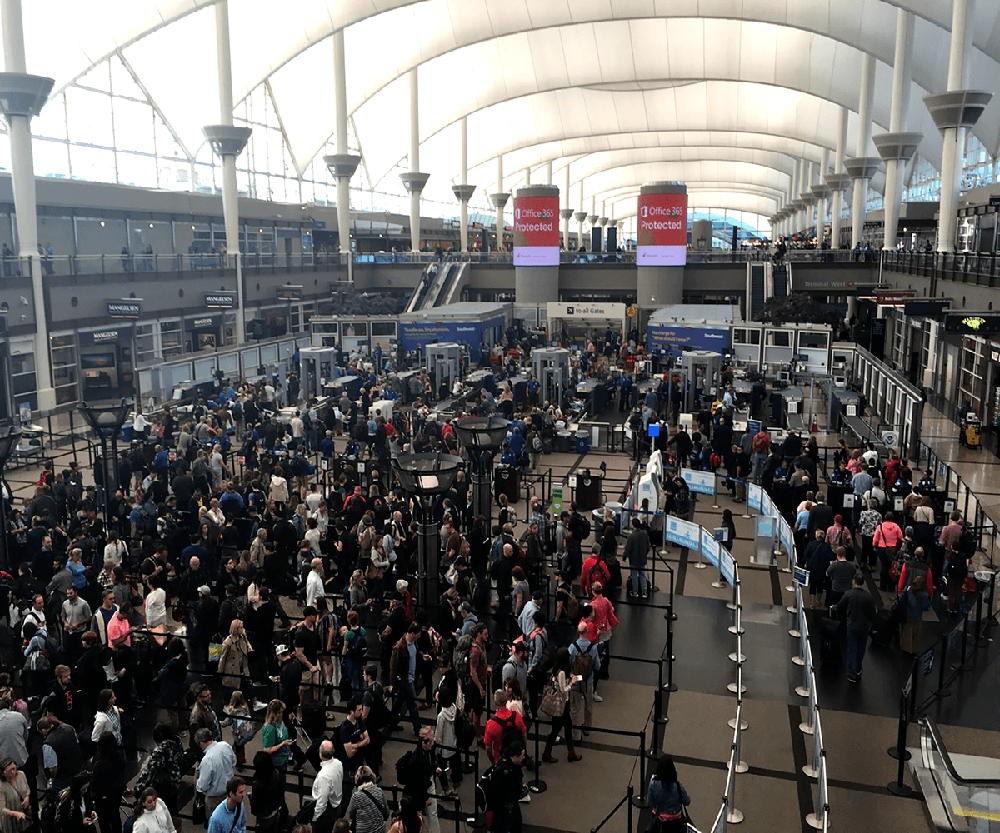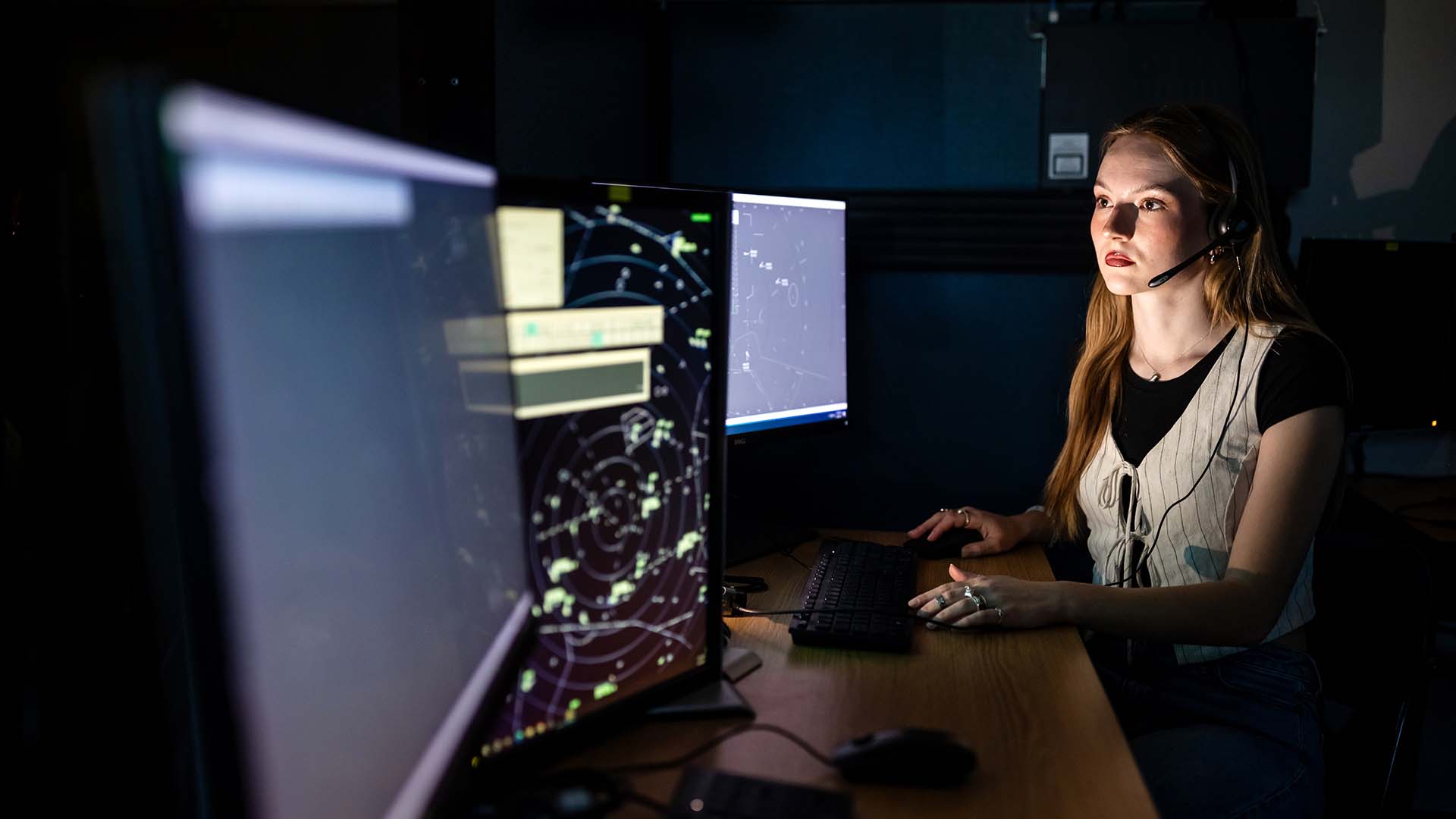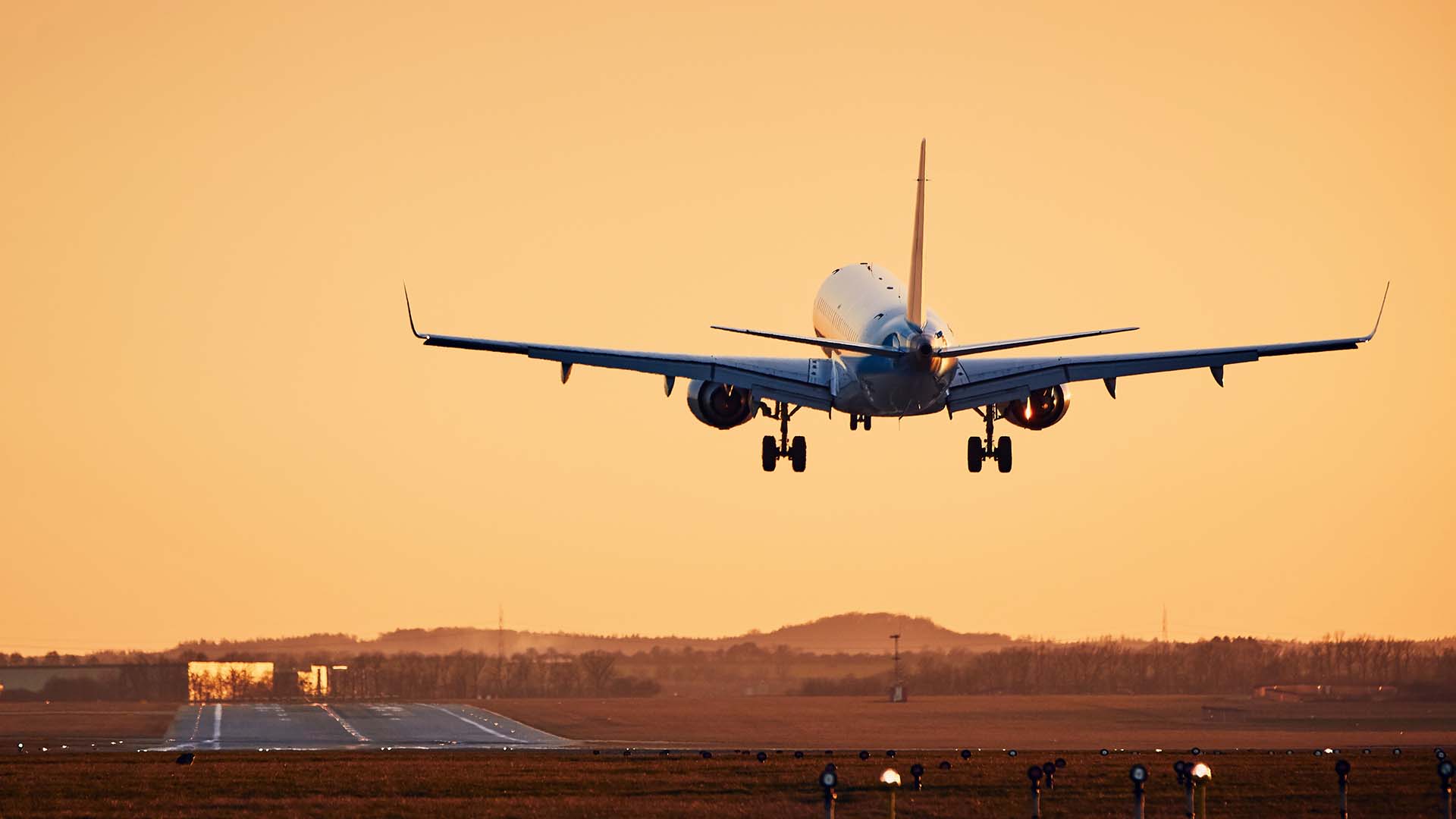Summer air travel survival guide 2017
How to be a road warrior this summer when you’re flying and not driving.

As everyone gears up for summer travel, MSU Denver Professor of Aviation and Aerospace Science Jeff Price provides the latest tips on how to survive the airport security shuffle.
What are the newest security restrictions that consumers need to know about this summer? Is a laptop ban coming to the United States?
The most notable restrictions include the electronics ban for flights to and from certain countries, and some airports in the U.S. are starting to ask passengers to take out more of their belongings prior to screening. Unfortunately, the laptop ban spreading to the United States is not beyond consideration. Travelers should always check the TSA website before flying, particularly if they are flying internationally.

With recent passenger overbooking incidents and physical altercations on flights, what can passengers do to de-escalate tensions and keep themselves and others safe?
The best advice is to keep calm. If it’s an issue with a crew member, try to stay as rational as possible and explain your position, logically and calmly. Ultimately, you’re not going to win if the crew declares it a safety, security or health-related issue, but you can usually “win” afterwards once you’re off the flight. If the problem is with another passenger, then I always advise to start with a smile on your face and address the issue with the person. Whenever I’m seated in a row where’s there are close quarters, I’ll usually make a light joke with the other passengers as everyone is settling in about how little room we have. That reminds everyone that we’re all in the same situation and we need to do the best we can to get through it.
TSA security procedures continue to appear to vary by airport. Is that by design or are procedures implemented differently throughout the system? If you have never flown through a particular airport before, how do you know its procedures?
TSA does implement random processes to their screenings, but also, different checkpoint managers have interpreted some of the processes a little differently than others, so you will see some variety throughout the country. Plus, at some airports they just don’t have the room in the screening checkpoint to do some of the other checkpoint options such as Pre?®, frequent flyer lines and Clear. As you approach the front of the line it is best to watch the other passengers and see what they are doing, and it becomes a monkey-see, monkey-do situation. If there is a TSA representative nearby, you can either ask, or many times they are providing instructions to passengers. Also, be ready when it’s your turn. You can start the divesting process as you approach the tables. Watch the business travelers, or go on some business travel blogs or websites for hints. You’ll learn the easy tricks like putting your wallet, phone etc. into a coat pocket, using slip-on shoes, and so forth.
Did TSA’s frisking procedures change recently?
Yes, they did. TSA used up to five different methods for patting down a passenger, but they’re now going back to a standard one-size-fits-all pat down.
What should people who are traveling with special needs passengers – such as disabled passengers, seniors or unaccompanied minors – know?
Passengers with special needs, seniors, minors, etc., can get some information from the TSA website about how their screening process may be different. If anyone has concerns, address them with a TSA officer at the checkpoint. Most of the time the officers are pretty good about handling individuals with special needs. It’s when they aren’t that it makes the news, but that’s not the norm. Seniors and children under 12 don’t have to take off their jackets or shoes, but with the changing TSA procedures it’s always best to just ask.
What are the most common things people forget when going through security?
While people may remember their wallets, they usually had to take out their ID to show at the document checkpoint and usually tuck it back into a pocket or purse, figuring they’d put it back in its rightful place later. Then they put their keys and wallets on the X-ray belt and walk off and forget them. Some people have left their carry-on bag thinking they had checked it. Tablets, laptops and phones are often left behind. Most people tend to remember those before they get too far from the checkpoint but not always. It’s best to do a quick inventory after you’re through the checkpoint.







